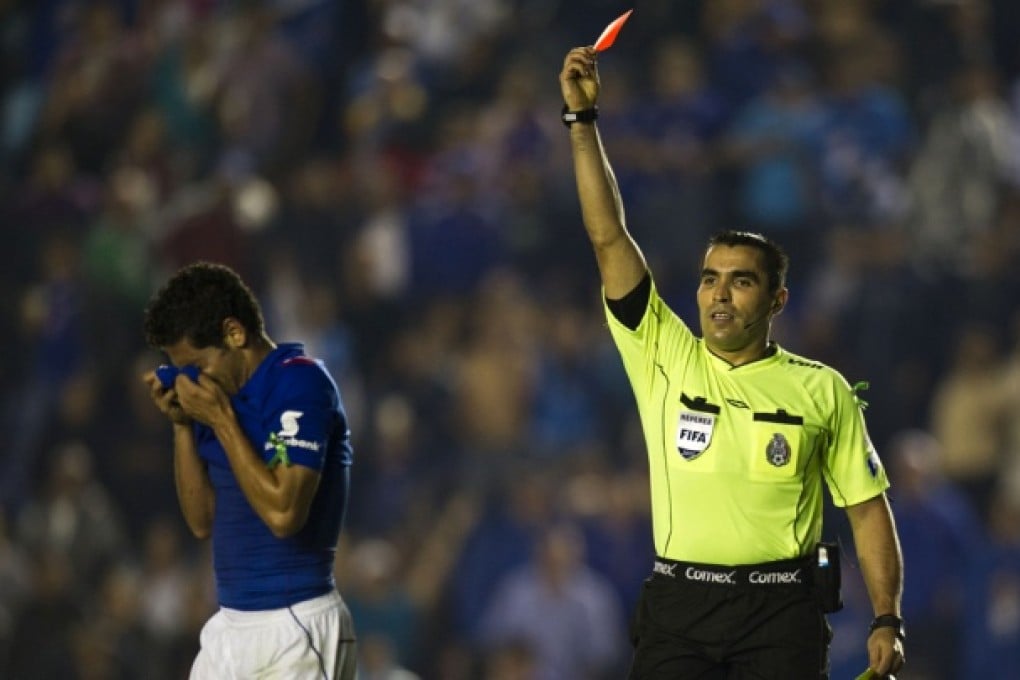The Rational Ref | Making the right call on referees
Whether they are full-time professionals or part-timers, the often least popular man on the park has to make best decisions

I laughed when a player said: "Ref, you can't make mistakes, you're a professional". The player did not realise that with his one single outburst he had unwittingly made three faulty claims.
First, it is a well-known phenomenon that players, coaches and fans see referees in a bad light. However, the claim that referees cannot make mistakes actually praises and elevates referees to being superhuman, rather than subhuman. It is a compliment that all match officials should take heart. Perhaps this is how players, coaches and fans really perceive match officials. They subconsciously acknowledge that officials are superhuman, while simultaneously publicly deriding them as subhuman for having the temerity to make unpopular decisions against their team.
Second, the claim that professionals cannot make mistakes assumes every full-time professional cannot do anything deemed to be remotely unprofessional or amateurish. By those standards, professional soccer players and coaches, who are often paid millions every season, are expected to be infallible. Yet every weekend, they make schoolboy errors, mundane mistakes and horrendous howlers. These things happen and yet, apparently, they shouldn't be allowed or tolerated because the people involved are professionals who are handsomely paid to perform at a competent level. The reality is everyone makes mistakes. Being a professional really means being able to deal with the situation, learn from it and then move on to perform another day.
And third, it is taken as a compliment when players, coaches and fans incorrectly presume referees officiating at the highest levels are professionals. Nothing could be further from the truth. In professional leagues all over the world, the overwhelming majority of referees are part-timers. These match officials have full-time jobs that are usually far removed from soccer.
Only a handful of countries truly have professional referees working in their top domestic leagues. England's Premier League is officiated by a select group of about 18 professional referees known as the Professional Game Match Officials Limited. Japan and South Korea also have professional referees working in their top flights. And apart from a few individuals dotted here and there, all other referees make their living in industries outside the beautiful game.
England's PGMOL has developed professional referees since 2001. The idea behind this was stated at the time by former Fifa referee Roger Milford, who refereed the 1991 FA Cup final between Tottenham Hotspur and Nottingham Forest: "This will mean more consistency from the officials on points of law which cause controversy." That is, professionalism will ensure greater consistency and hence a higher standard of officiating in the EPL. But has this actually been the case?
